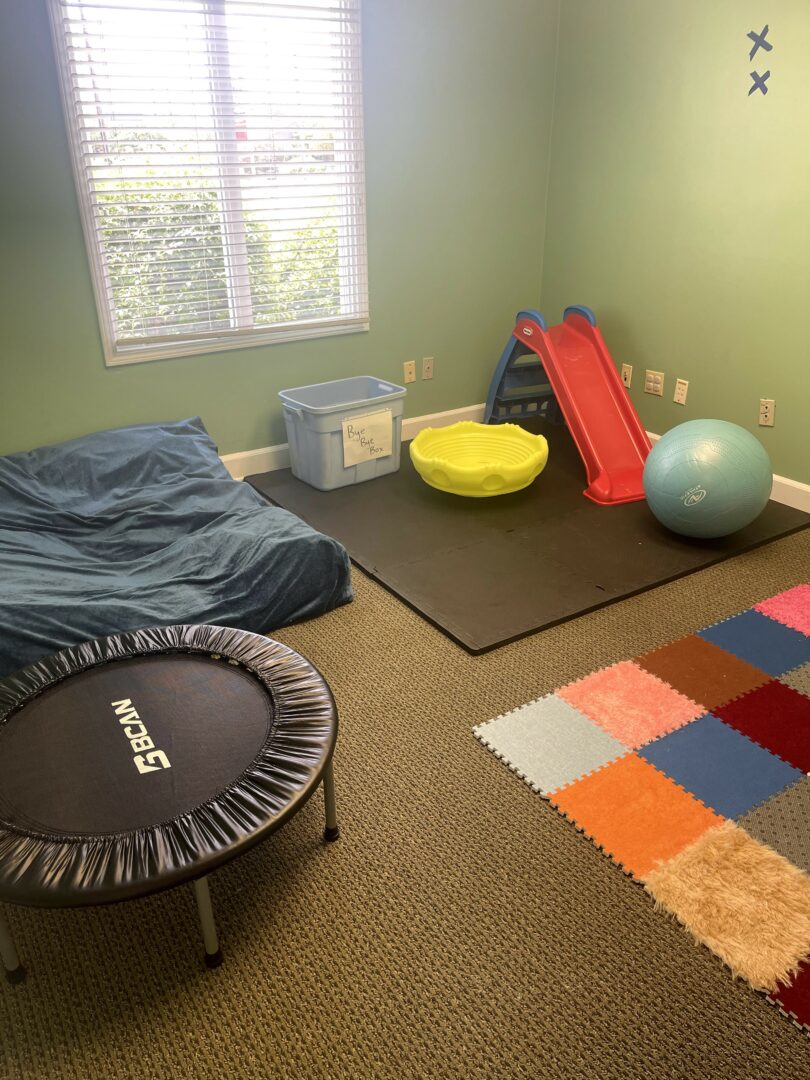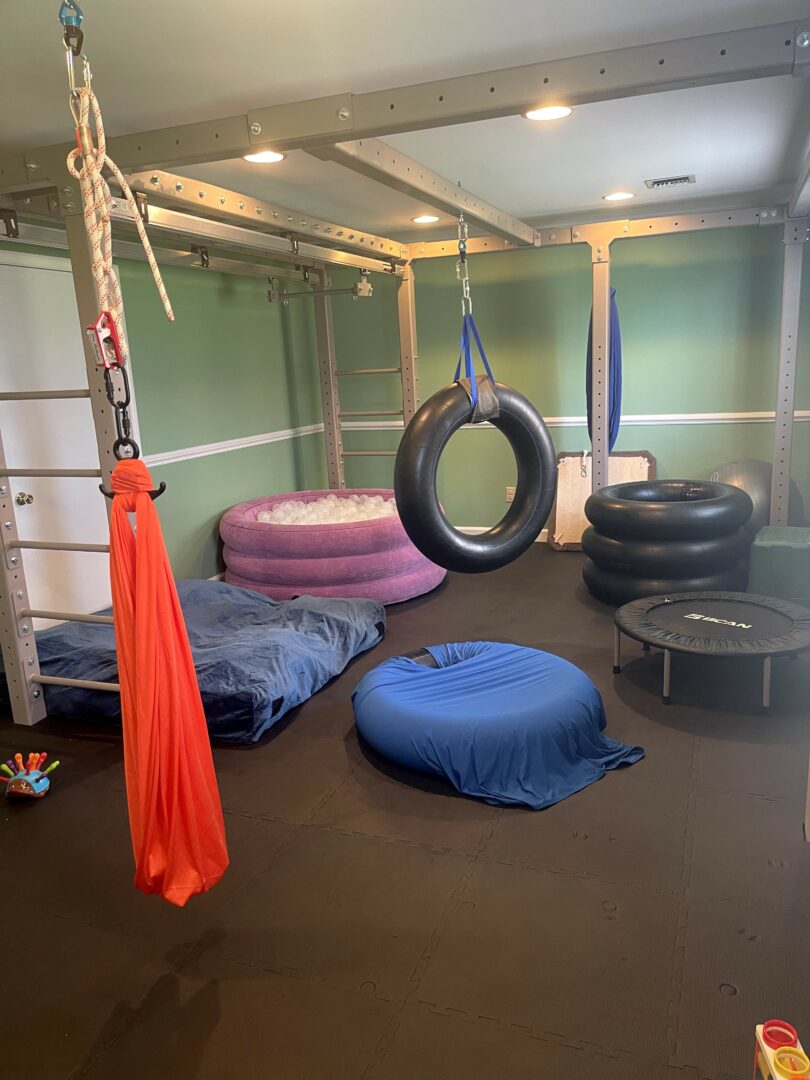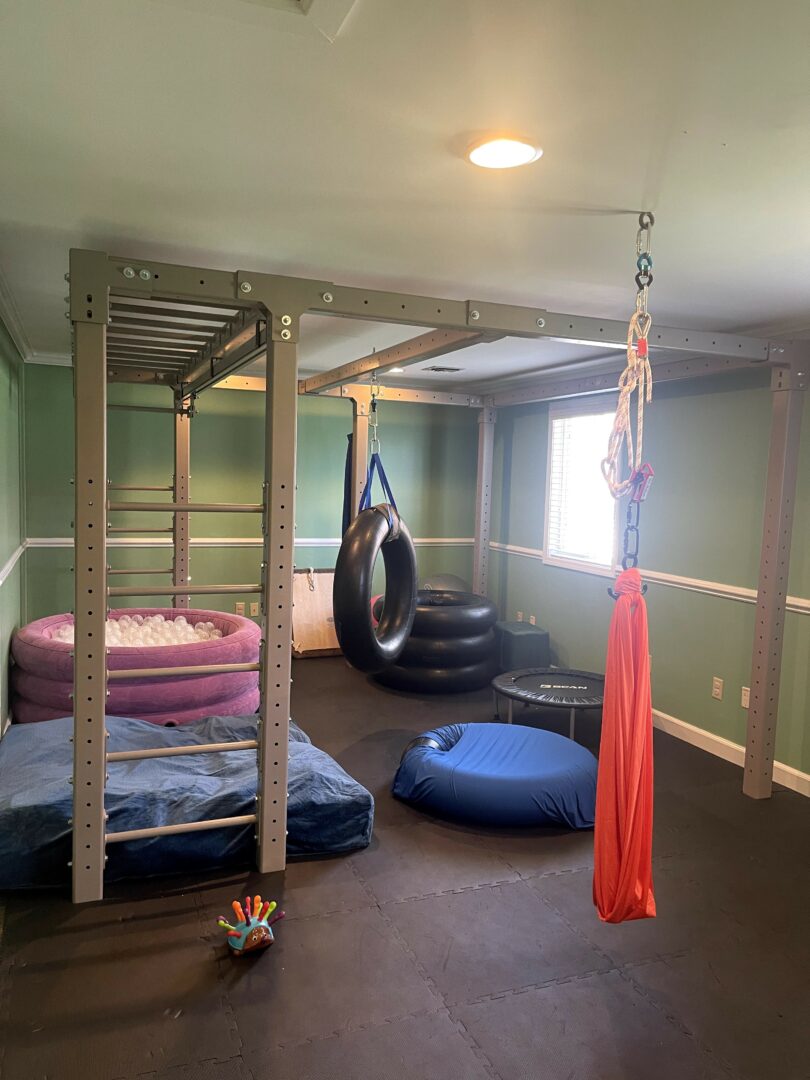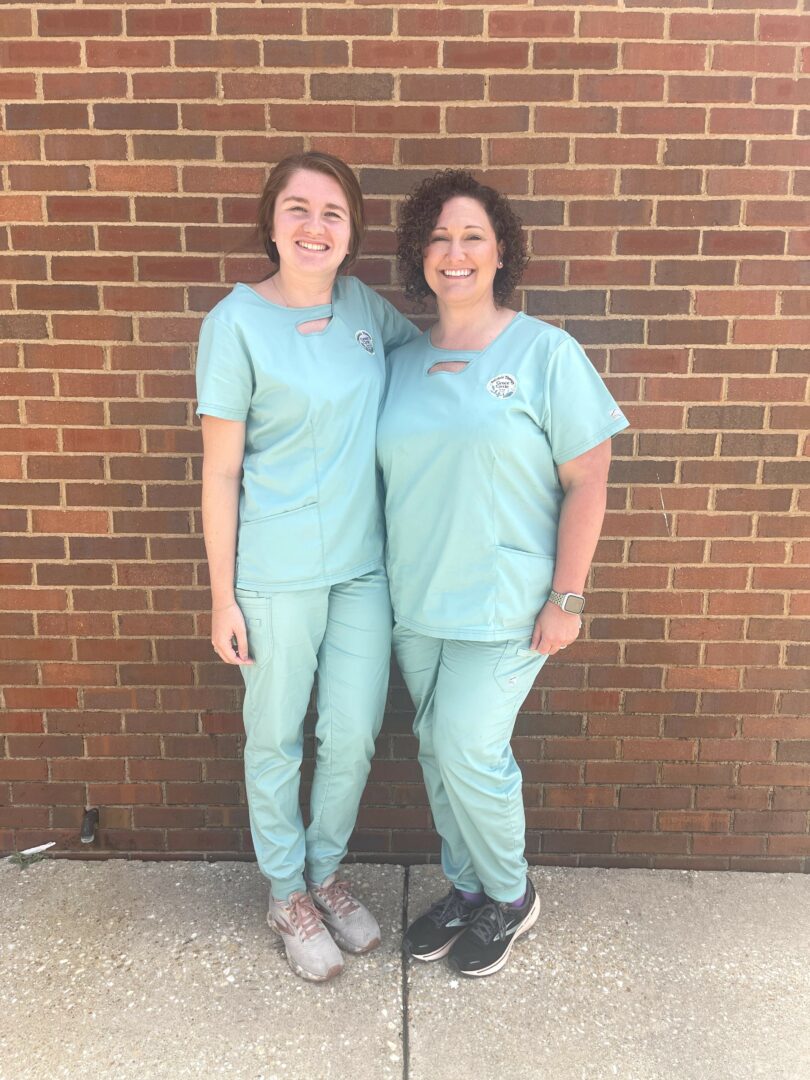Alright – so today we’ve got the honor of introducing you to Jessica Gibson Grace Purvis. We think you’ll enjoy our conversation, we’ve shared it below.
Hi Jessica Gibson, thank you for joining us today and sharing your experiences and acquired wisdom with us. Burnout is a huge topic these days and so we’d love to kick things off by discussing your thoughts on overcoming or avoiding burnout
We’ve developed a new model in our clinic aimed at preventing therapist burnout and addressing high turnover rates and decreased client satisfaction observed at other facilities. Our approach prioritizes consistent care, therapist longevity, and overall satisfaction by ensuring therapists have ample time each day for documentation, collaboration with colleagues, and resource gathering for parents. This model has not only improved therapist well-being but also enhanced client outcomes and continuity of care.

Thanks for sharing that. So, before we get any further into our conversation, can you tell our readers a bit about yourself and what you’re working on?
The Grace Circle is dedicated to community outreach and enhancing local activities across various sectors, including churches, schools, and partnerships with professionals like therapeutic riding centers. We offer a broad range of services that go beyond traditional clinic treatments, extending to schools, daycares, and the integration of hippotherapy for occupational and speech therapy while patients are on horseback. Additionally, we provide educational presentations to public schools to help teachers better understand and address sensory needs.

Looking back, what do you think were the three qualities, skills, or areas of knowledge that were most impactful in your journey? What advice do you have for folks who are early in their journey in terms of how they can best develop or improve on these?
One crucial insight that has significantly impacted our practice is the understanding that occupational therapy goes beyond addressing deficits in fine motor skills, such as handwriting, cutting, and buttoning. Instead, we focus on addressing underlying skills, which naturally leads to improvement in these areas. Another key aspect is thinking outside the box and recognizing that learning and growth are ongoing processes. There is always potential for new ideas and interventions to enhance our practice. Finally, the ability to self-regulate and effectively use ourselves therapeutically in treatment is vital. This skill helps us remain attuned to a child’s sensory needs and facilitates effective co-regulation.

Tell us what your ideal client would be like?
We evaluate and treat children with a range of challenges, including sensory processing issues, delayed motor planning and executive functioning skills, and delayed language development with difficulties in joint attention and engagement in functional tasks or play. Our ideal client is a child whose family actively participates in carrying out recommended exercises or activities between therapy sessions. This collaborative approach enhances the quality of service and accelerates progress toward greater independence in self-care tasks, school-related activities, and social interactions.
Contact Info:
- Website: https://www.gracecirclepediatrics.com
- Instagram: @thegracecircle
- Facebook: The Grace Circle

so if you or someone you know deserves recognition please let us know here.




